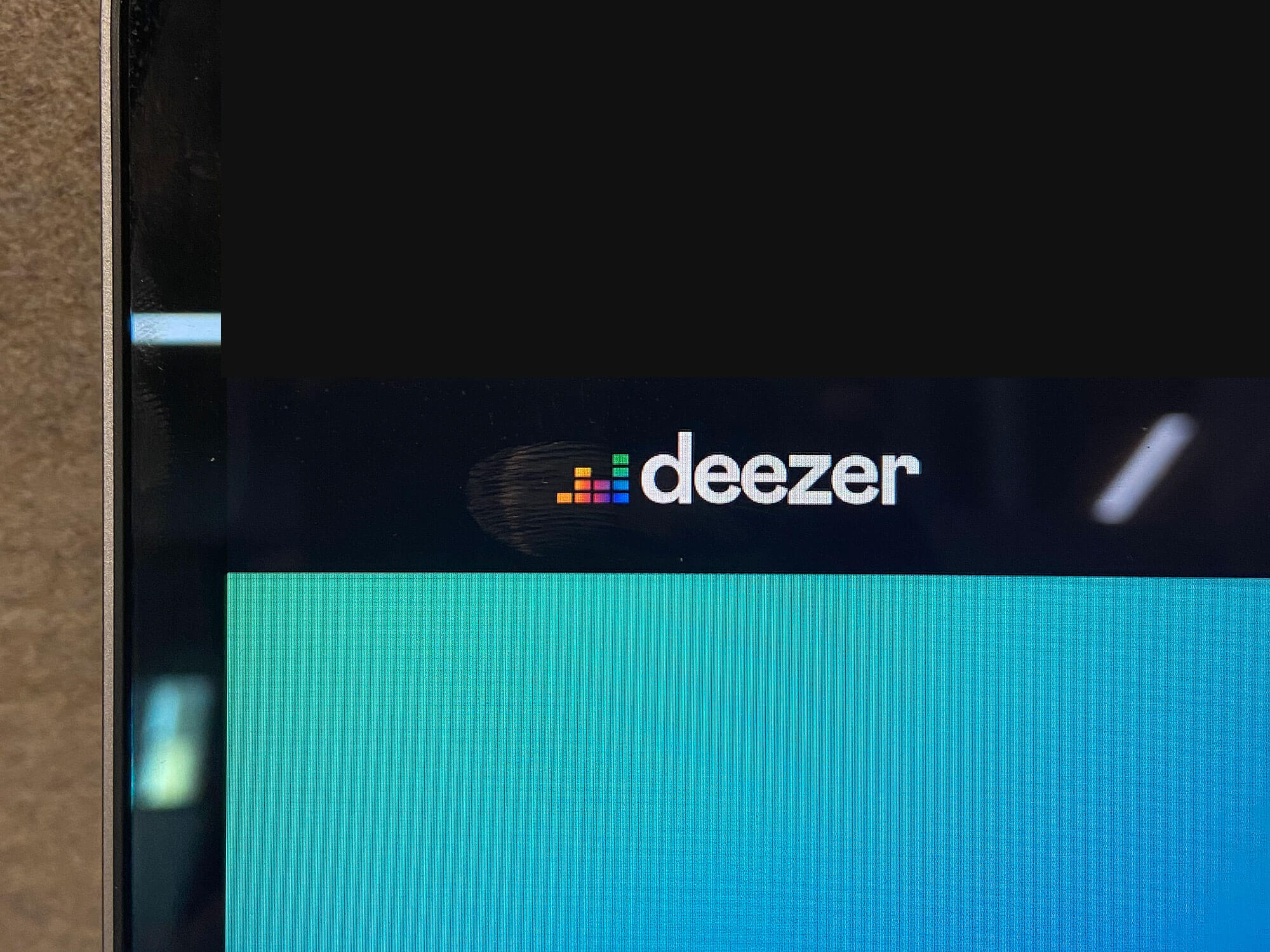Deezer to ‘detect and delete’ AI-made songs that mimic popular artists
The music streaming platform aims to “weed out illegal and fraudulent content”

Music streaming platform Deezer has created technology that will “detect and delete” music made by AI that clones the sound and style of real artists.
- READ MORE: Vocal AI deepfakes of major artists are cropping up everywhere – should artists be worried?
The move is one of the industry’s reactions to a recent spell of AI-generated music made to sound like it’s been created by pop stars.
“We need to take a stand now,” Deezer’s CEO Jeronimo Folgueira told the BBC in a recent interview. “We are at a pivotal moment in music. We need to make sure that AI is used in the right way, that it complies with the law and intellectual property rights and that artists get compensated fairly.
“One of the reasons they allowed fake news to flourish is because they were making a lot of money out of it. When people became polarised it created a lot more engagement, and then we had this terrible impact in society. I think there’s a similar risk here as well.”
“Pushing for that because of an economic benefit could create a world in which we start destroying music as we know it,” he continues. “Doing that for the wrong economic reasons would be a mistake.
“We eliminate a huge amount of artists and a huge amount of fake streams every day – and the trend is that this fraudulent behaviour just keeps accelerating.”
The Weeknd, Drake, Snoop Dogg and Oasis all became the subject of AI-replicating music recently. One ‘band’ – dubbed AISIS – created an album called Oasis: The Lost Tapes that was made to sound like Oasis in their early days.
In response, Noel Gallagher recently told NME: “Fucking hell. ‘Oasis: The Lost Tapes’. Really? Is that what you think it sounds like? You can AI the singer’s voice and his tambourine playing. Afraid you can’t AI what I do.”
Drake and The Weeknd, meanwhile, were replicated by ‘@ghostwriter’, who created a song called Heart On My Sleeve in the style of the two artists, which was later removed from streaming services. Major record label Universal Music Group, which has the two artists in its roster, later stated: “The training of generative AI using our artists’ music” was “a violation of copyright law”. It also said that music industry stakeholders needed to consider “what side of history” they want to be on in the industry’s response to AI.
Broadly, AI-made music has created split artists’ opinions. Grimes, for example, recently launched AI software allowing musicians to mimic her voices in songs and Neil Tennant of Pet Shop Boys said that AI could be a useful tool for artists. On the other hand, Nick Cave, Young Guru, Snoop Dogg, Sting and more have publicly expressed concern over the technology.